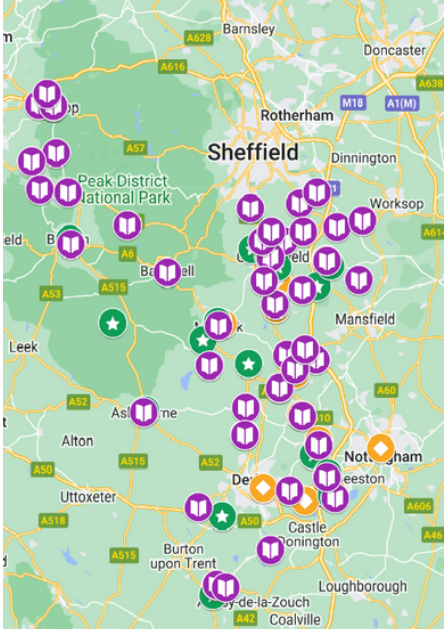Digital Poverty Alliance reveals plan to end digital poverty by 2030
Digital Poverty Alliance (DPA) has unveiled a new National Delivery Plan strategy to end digital poverty by 2030.
The landmark strategy sets out six core missions, calling for collaborative action between government, industry, and local communities to ensure digital access for all.
Digital poverty continues to impact millions of individuals across the UK, with approximately 1.7 million households (6%) lacking home internet access and 10 million adults (20%) lacking fundamental digital skills.
Against this backdrop, the National Delivery Plan presents a comprehensive roadmap to ensure that everyone can access the benefits of the digital world. It empowers local organisations to provide support for digital inclusion by ensuring affordable broadband through an entitlement, and improving access to skills and devices across the country.
The six core missions of the National Delivery Plan are as follows:
- Increase awareness across society about the need for sustainable and strategic action to end digital poverty.
- Ensure affordable connectivity and guarantee full digital access for those in need on a sustainable basis.
- Improve standards of accessibility, safety, and inclusiveness across all digital products and services.
- By 2030, significantly reduce the proportion of individuals without essential digital skills and ensure the sustainability and expansion of these skills in response to changing technologies and needs.
- Enhance knowledge and understanding of digital poverty among all stakeholders, including citizens, governments, and the public and private sectors, through the development and utilisation of research.
- Increase local capacity to provide joined-up digital inclusion support to individuals and communities.
Laying the groundwork
The National Delivery Plan urges the UK Government to create a new digital inclusion strategy for public, private, and third sectors to help to raise awareness about digital poverty.
It emphasises the need for immediate action to improve essential digital skills across society, and a new entitlement to ensure that everyone at risk of digital exclusion can access free devices, connectivity and support.
Against the backdrop of the current cost-of-living crisis, the plan outlines how cutting the VAT rate charged on broadband and mobile bills to 5% and replacing it with a digital inclusion levy could help fund these proposals; changing the status of the internet as an essential utility.
Paul Finnis, CEO of the Digital Poverty Alliance and the Learning Foundation highlighted the importance of further collaboration between the DPA, government, industry leaders, and community organisations.
He said: “The National Delivery Plan is a unique and revolutionary strategy to tackle the issue of digital poverty, calling on an urgent and collaborative effort between the Digital Poverty Alliance, government, industry leaders, and community organisations.
“Together, we can work towards ending digital poverty and ensuring that everyone has the skills, resources, and access they need to thrive in the digital age. This flagship strategy set out by the DPA is designed to have a tangible impact on those most impacted by a lack of essential access to the digital world and the alliance is committed to delivering this support alongside our partners and fellow community.”






